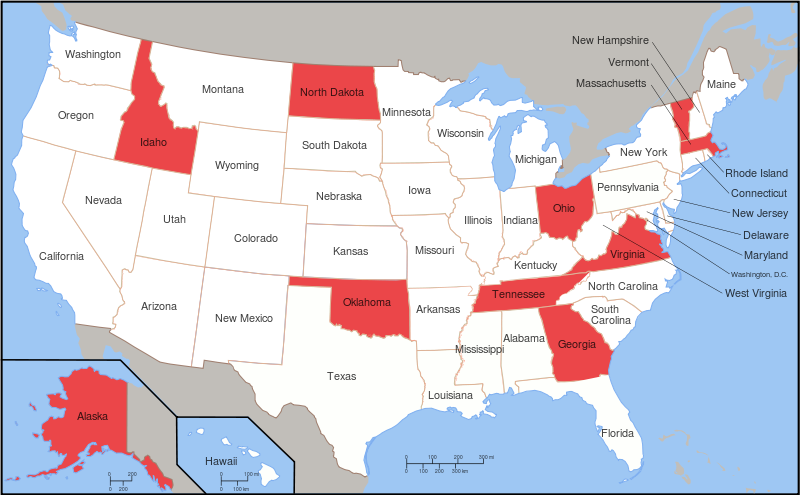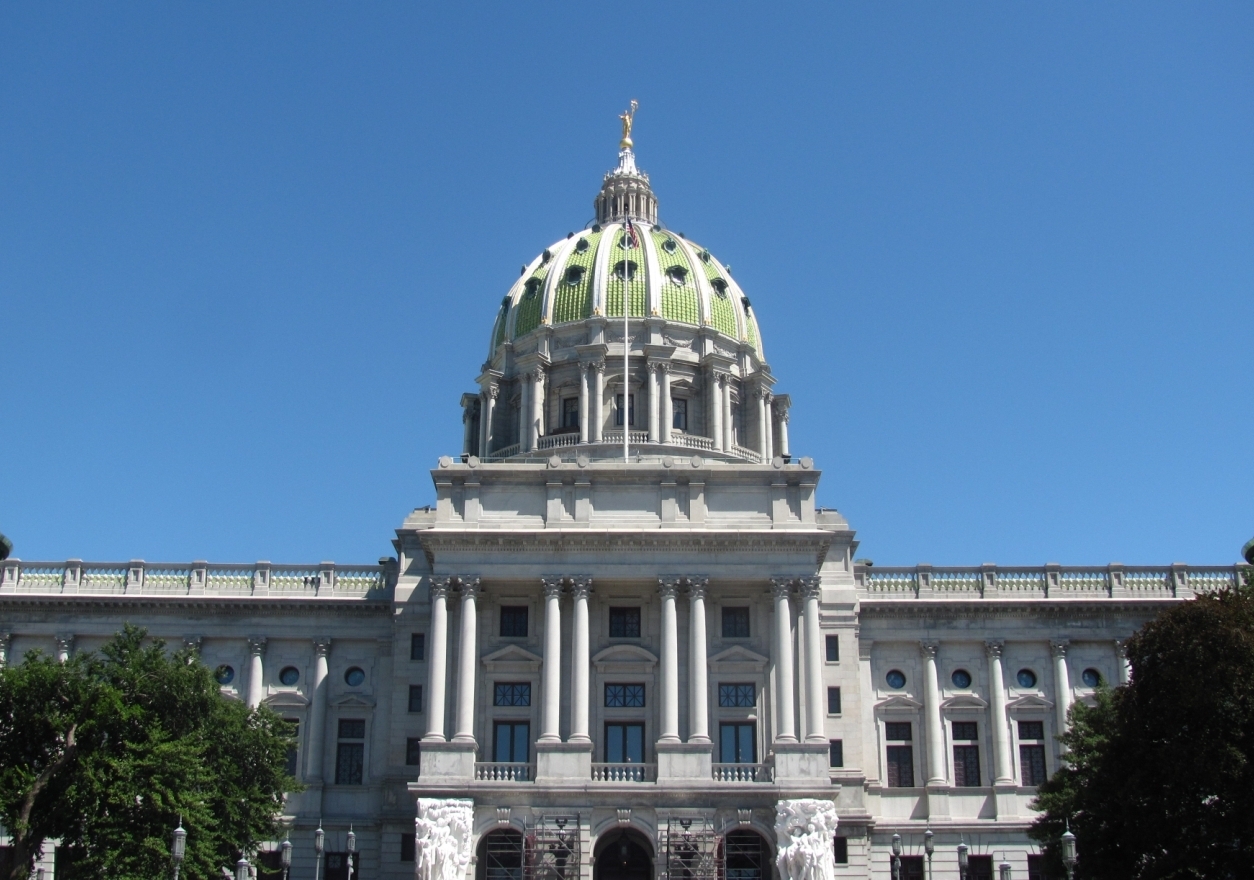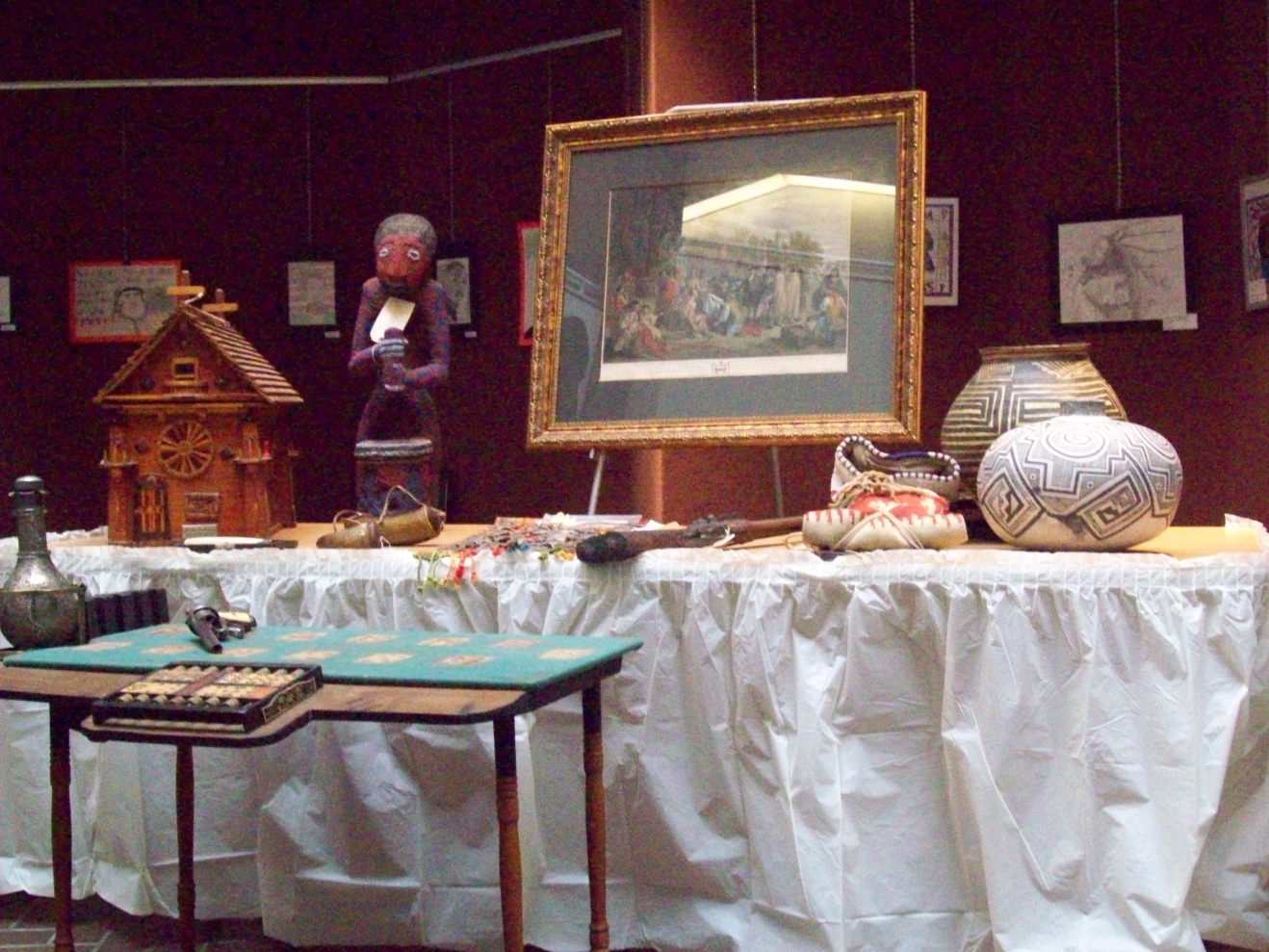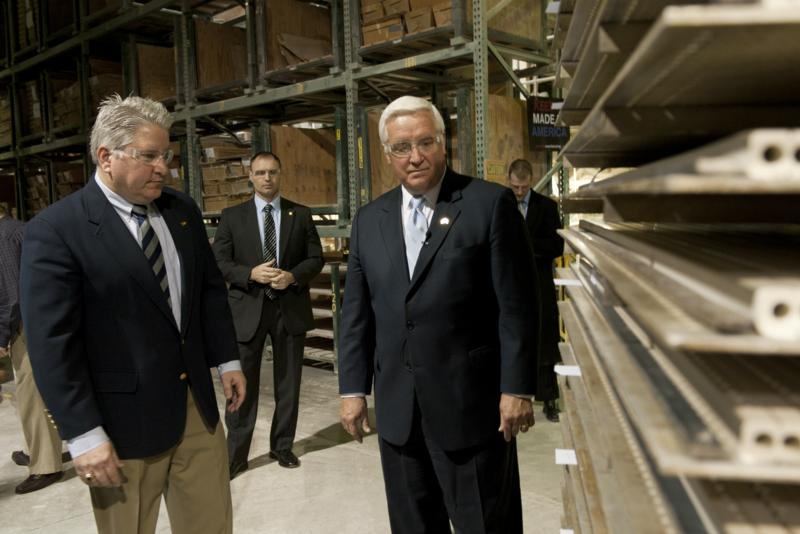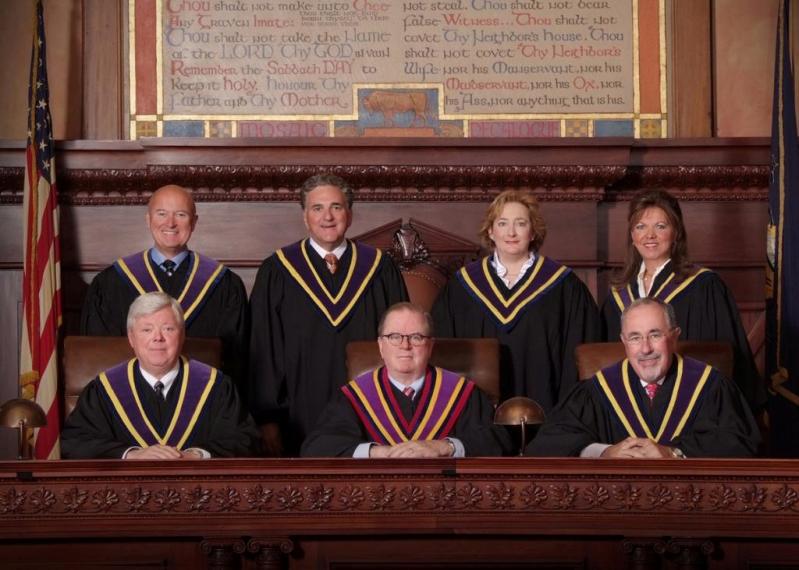Turnpike to Take Next Step Toward All-Electronic Tolls
Imagine a Turnpike with no toll booths. A new study concludes that vision to be feasible both financially and physically. The first advantage cited in the Turnpike’s feasibility study is safety, because motorists would no longer have to slow down, jockey for position and merge at every toll plaza.
“We’re also looking at a cleaner environment, improved convenience because you don’t have to slow down, and certainly – as the study points out – operational efficiencies because it’s a much less expensive way to collect a toll,” Pennsylvania Turnpike Commission Carl DeFebo explains.
But the 39-page document does note several disadvantages as well. For instance, a high initial cost of conversion and the number of images to be processed in order to bill non E-ZPass customers. An All-Electronic Toll system would likely involve photos being snapped of non E-ZPass vehicles; the owners would then receive an invoice for the required tolls.
E-ZPass users currently pay about 17% less than cash-paying Turnpike travelers. DeFebo says they would continue to pay a lower toll rate based on the higher cost of processing invoices for non E-ZPass users.
With the new study in hand; the Turnpike Commission will hire a program management firm to oversee the next phase of the study process. “This is a minimum five year process,” DeFebo says, noting they could encounter a number of ‘stop signs’ along the way.



